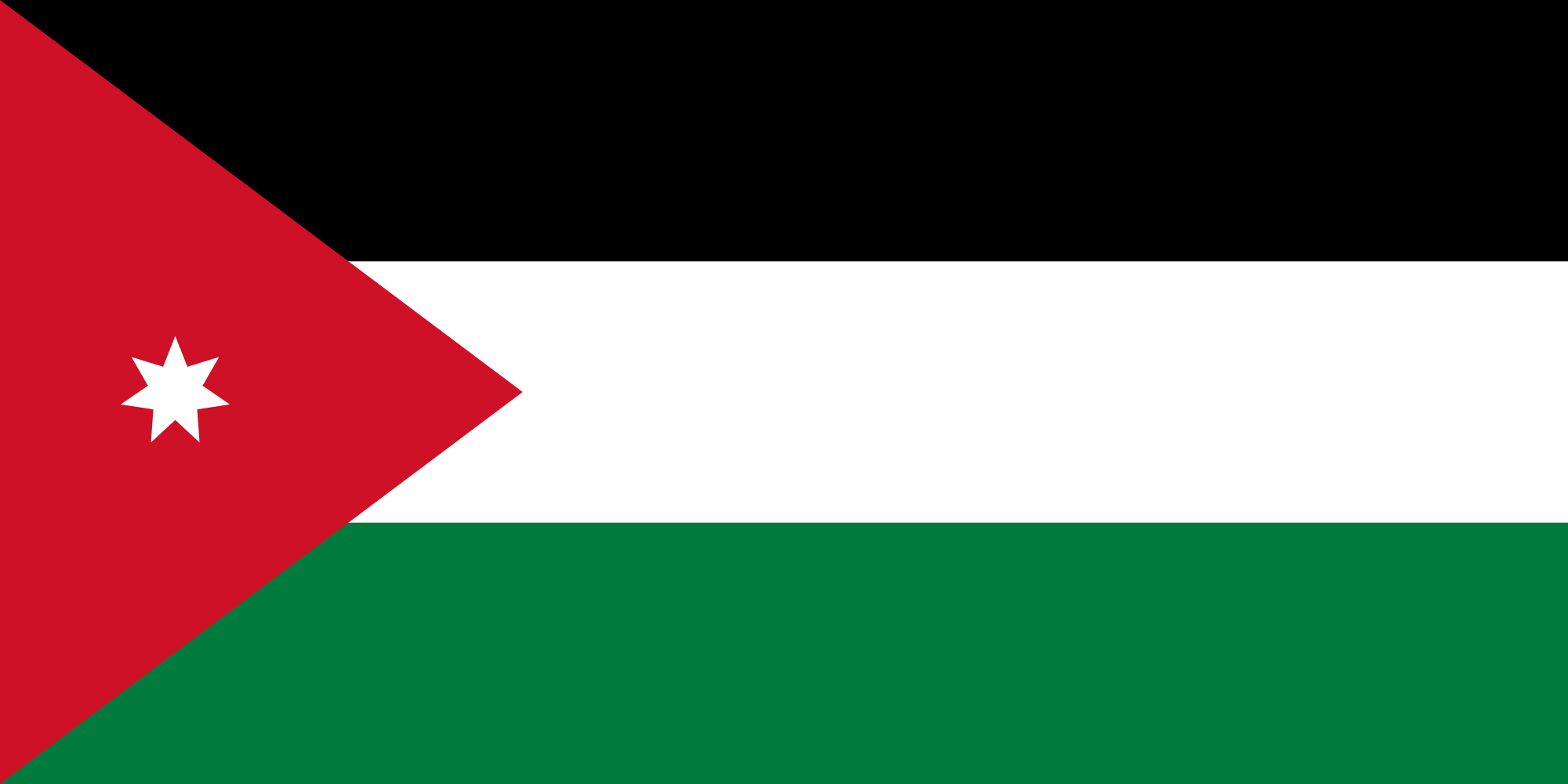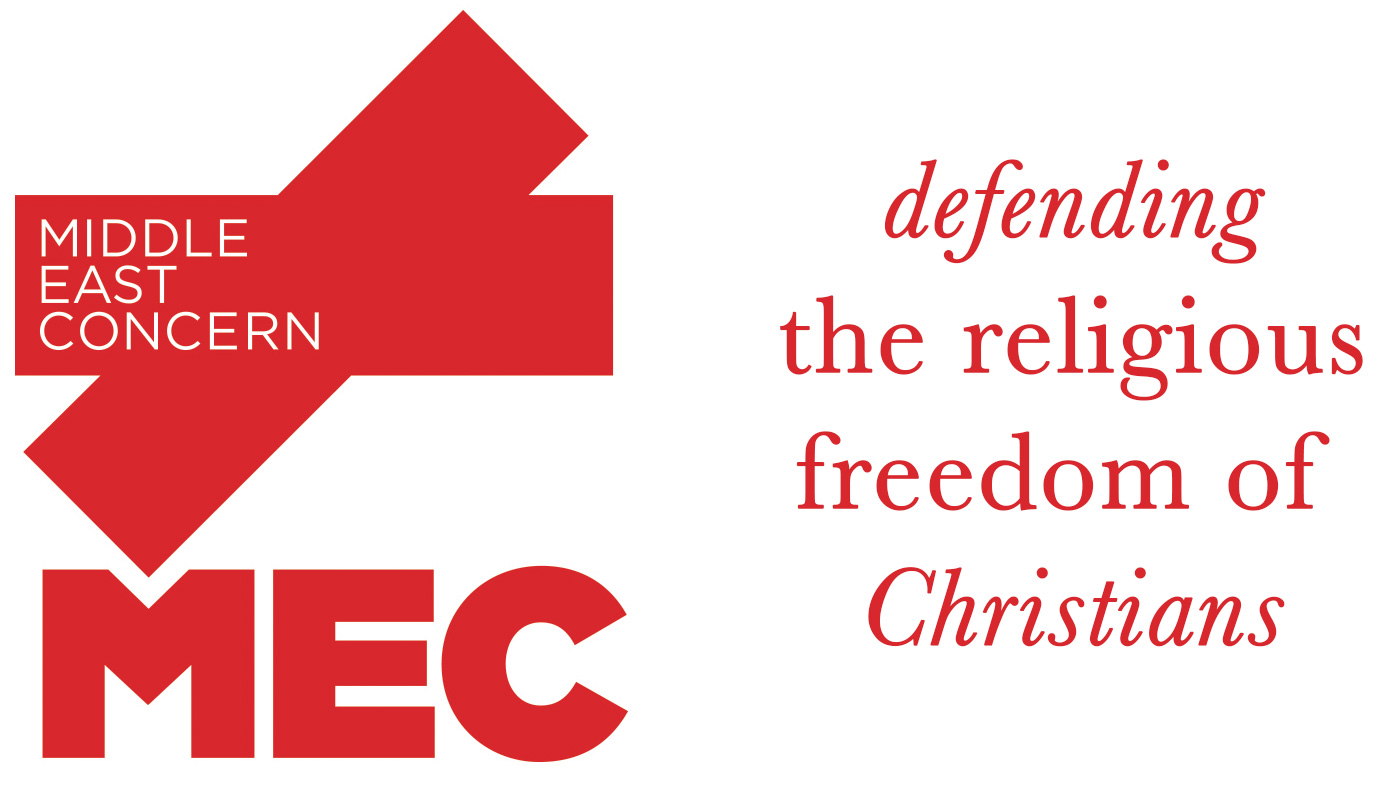
Jordan’s population is approximately 10.45 million, including non-Jordanians (many of them refugees) who are estimated to constitute around 14% of the total population. The recognised Christian communities make up 2-3% of the population. Officially recognised churches include the Greek Orthodox church, the Syriac Orthodox, Armenian Apostolic and Coptic Orthodox Churches, the Greek, Maronite, and Roman Catholic Churches, the Syriac Church of the East, and the Anglican, Pentecostal, Lutheran and Seventh Day Adventist Churches. Other denominations have lesser legal status (mostly as ‘societies’), including the Baptist, Free Evangelical, Nazarene, Assemblies of God and Alliance churches.
The constitution of Jordan establishes Islam as the State religion. It affirms the principle of non-discrimination, including on the basis of religion, and states that the free exercise of worship and religious rites are to be safeguarded, provided these are consistent with public order and morality. Recognised non-Muslim communities are given freedom to govern most personal status issues according to their own rites through a religious court system (though some communities, including many Evangelical denominations, do not currently have the level of legal status required to operate their own courts). Under applicable Islamic law, Muslims are effectively prohibited from changing their religion, and women registered as Muslim are not permitted to marry non-Muslims.
Jordan ratified the International Covenant on Civil and Political Rights (ICCPR) on 28th May 1975. The ICCPR upholds the right to freedom of religion, including the right to hold a religion of one’s choice and the right to manifest that religion (Article 18). It also upholds the rights of minorities and the principle of non-discrimination. Jordan’s ratification of the ICCPR was made without reservation.
Christians generally enjoy good standing in society, even having guaranteed representation in Parliament (at a disproportionately high level, given current demographics). In recent years King Abdullah II has repeatedly affirmed the importance of the Christian presence in the Middle East, and upheld Jordan as a model of co-existence. Various restrictions apply to recognised Christian communities, especially to activities that could be construed as proselytism, on grounds that such activities could have a destabilising effect. The murder of a prominent writer from a Christian family in September 2016 sent shockwaves through Christian communities. Christians have reported that they face growing hostility as social tensions have increased amid worsening economic conditions. Government proposals to make school curricula more religiously moderate and inclusive prompted a backlash which prompted a dilution of the proposed changes. Evangelical churches continue their application for enhanced status (i.e. for parity with other churches). There is strong family and societal pressure against those who choose to leave Islam, with State Intelligence sometimes suspected of colluding with, or granting impunity to, the perpetrators. In recent years some who are considered apostates have been referred to the Shari’a courts, facing sanctions such as forcible divorce and removal of child custody. In extreme cases they can face violent responses from family members.
